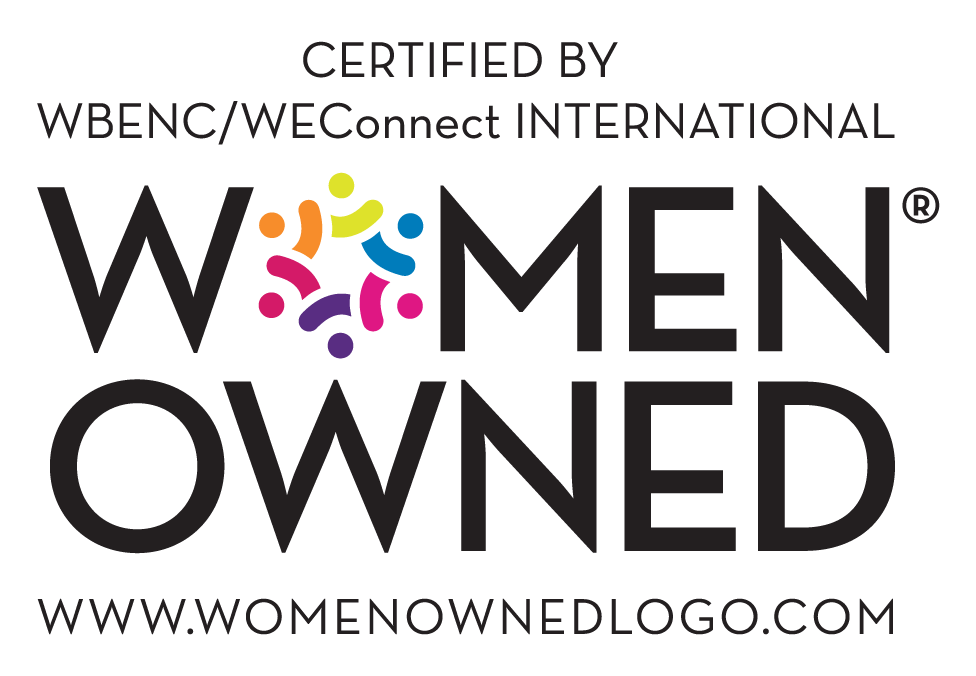Collaborating toward collective impact is risky business. We have defined collective impact as an end. It is the sustained dramatic change we are working toward together. And we are attempting to pursue it through collaboration. There are arguably other ways to get to collective impact, but it is hard to imagine how you get to sustainability without having the people who are most invested in the nonprofit sector be deeply rooted in the change—together.
And this work requires significant risk.
I stand in rooms of people and ask them to discuss whether their missions are operational, whether they know what outcomes they are pursuing, if they measure their progress, and, ultimately, if they are successful. None of these are comfortable questions in private conversations. They are terrifying in rooms filled with your competition.
Competition. In a community as large and with as much need as Shelby County, TN, the idea that organizations have to compete to serve people is ludicrous, but scarcity is real. It is made more real by the reliance on grants.
If you get the money, I don’t.
Collaboration toward collective impact requires a shared focus on the outcome. The eye is on the real prize, not the money. Asking nonprofits to take their eyes off the money is like asking someone not to look down from a frightening height. It may be the best advice, but it’s counter-intuitive. Besides, no one listens to that, the first time.
Moving from competition to collaboration means moving into trust. Trust is built on mutual respect and knowledge of one another. Trust is the work of individuals in this business. It requires us to sit in rooms and talk about process and get to know each other. It requires us to be comfortable seemingly doing nothing for months at a time. It’s infuriating and exhausting for people who want things to change now. People like me. But that time, that moving forward then back then stopping then moving forward, is essential.
I am a highly rational personal. When I began this work, I assumed that if people were serious about improving outcomes for children and families, they would get to work and make it happen. Clearly, the status quo meant that people were either incompetent or hateful.
This isn’t about you. This isn’t about your feelings. This is about people who have been systematically marginalized. Why should I care at all about your feelings?
Well, people, individual people, have to change their behaviors. Systems don’t behave, people do. And people have feelings. People experience loss and feel judged. People need to feel safe to change.
Whether we call it collaboration or coalition-building, whether it takes place in corporate board rooms or church basements or community centers. Individual adults have to sit down and risk being exposed for their shortcomings as part of the process of joining forces to change things as a community.
There is no straight line from setting a goal to creating an action plan to getting it done. Those are things we aspire to as we grapple with the messiness of people trying to protect their turf, their egos. They are trying in the face of massive oppressive systems they cannot possibly battle alone, either as individuals or individual organizations.
After a year of standing in meeting rooms, learning about the work going on here, teaching new vocabulary, training people on continuous improvement and data use, I am proud of where we are. But it has far less to do with how our language and processes have changed, than with how we have begun to share data, resources, and activities. We have begun to talk about the challenges we are facing and ask for help. We have begun to help each other.
We have begun to keep our eyes on the real prize of improving lives.
We’re risking it. We’re trusting each other.
Originally posted on a personal blog in 2016.



